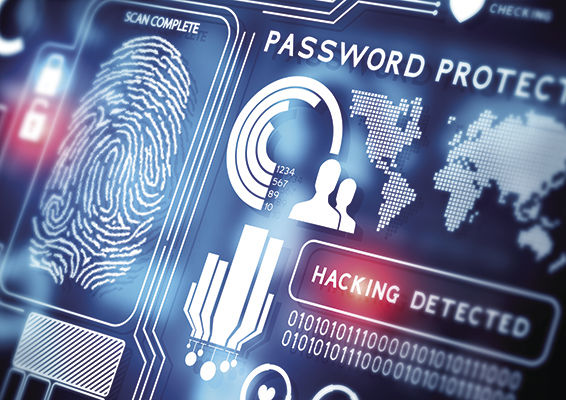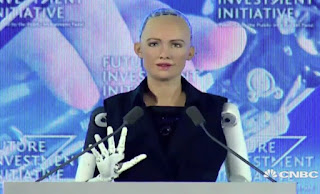Internet of Medical Things (IoMT) is the next big concern Indians should worry about

Breaching in iOT (i.e Internet of things) was one of the key areas that hackers all ever wanted to do. However, according to a new research the trend may shift in the coming year to something more vulnerable, IoMT or Internet of Medical Things. The patients details, data and prescription details are all being saved on the cloud now. This along with feasibility of access has also poised a threat that hackers may break-into to feed personal desires. According to some, the medical data are far more vulnerable to attacks than credit cards or other online scams. To talk in details, Internet of Medical Things (IoMT) is a collection of medical devices and applications that connect to healthcare systems through online computer networks. These include medical devices equipped with WiFi that allow machine-to-machine communications, and the rise of IoMT may open doors to both improved processes and patient care along with increased number of vulnerabilities. T...



